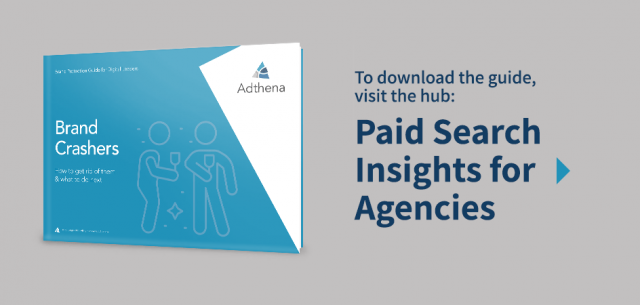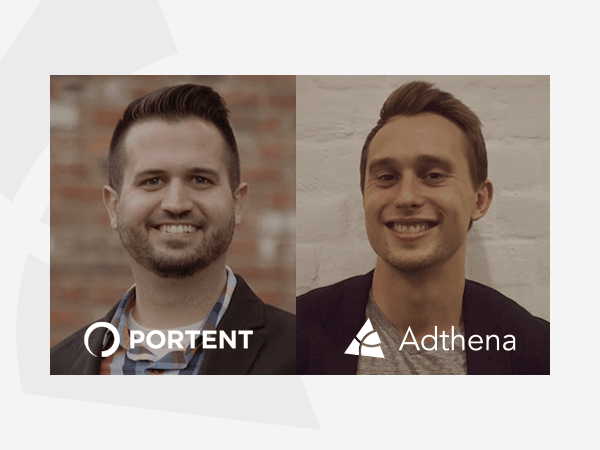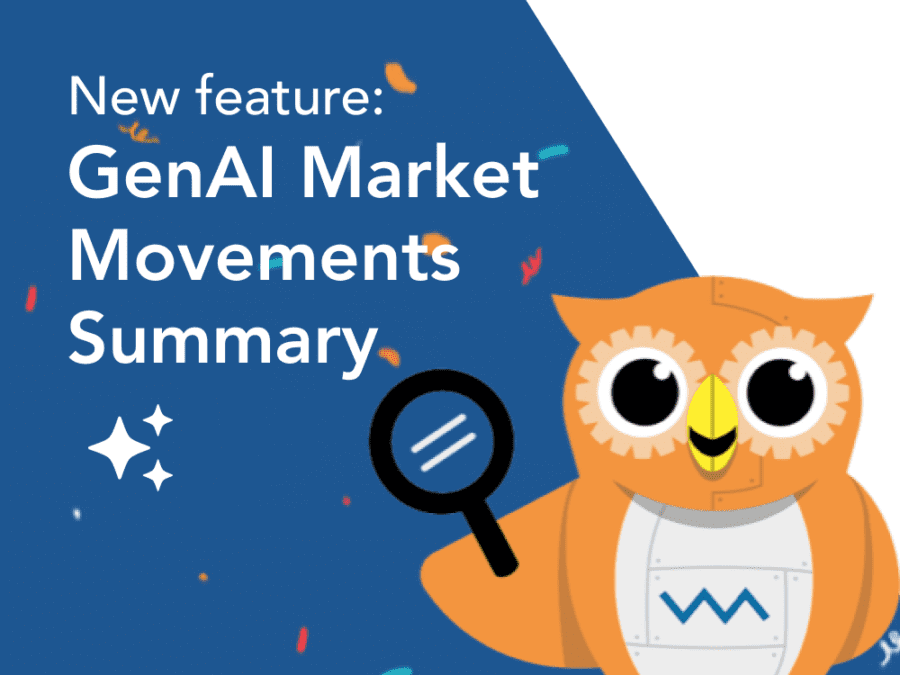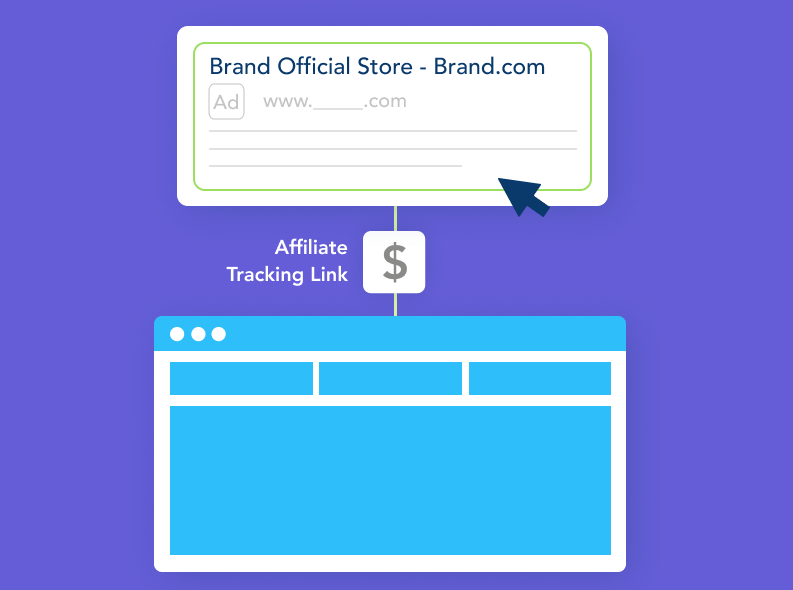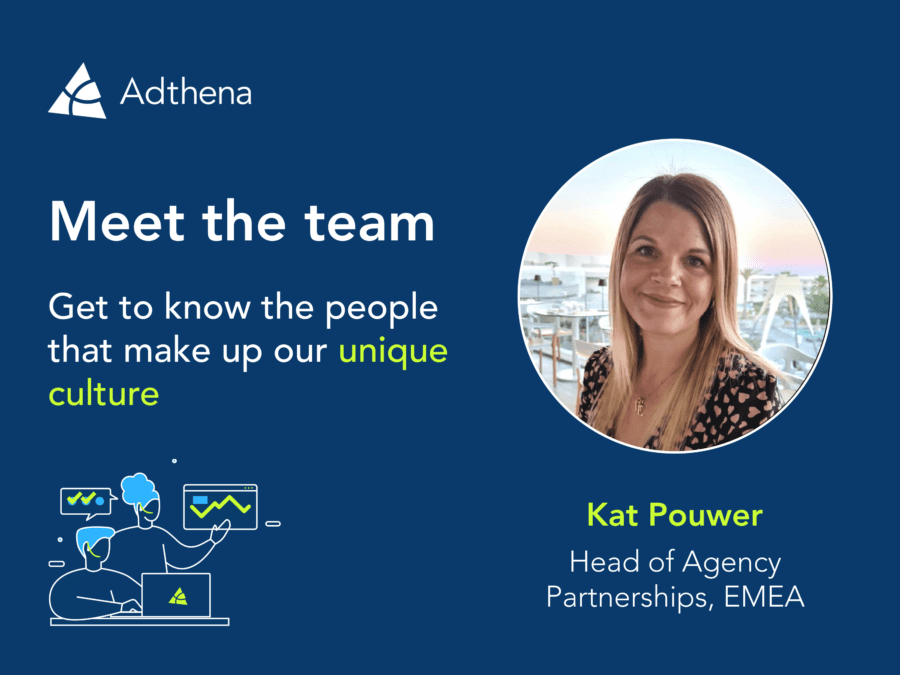Read on for the full interview and to hear Ryan’s thoughts on staying ahead of clients’ rivals, the power of search intelligence and how strategists can benefit from automation.
Peter: Tell us about your day-to-day role at the agency?
Ryan: As PPC Architect, I’m in charge of our enterprise-level accounts, working hand-in-hand with clients on strategy, execution and reporting. In addition to that, I create paid search content for our website and blog, and help teach the paid search team here by sharing the knowledge that I’ve gained over the years.
Staying ahead of clients’ rivals
Peter: What’s your biggest challenge for the agency, clients and your teams?
Ryan: The digital space evolves at a very fast pace. It’s constantly changing. Making sure we’re on top of these changes in the digital realm, as well as staying ahead of our clients’ competitors is a monumental, never-ending challenge.
We always start by learning as much possible from the client. They are the experts in their own business and their industry. We find out who they think their top competitors are, what they’re up to, and what the client wants to do to stand out.
We then take all of that input and compare it to what’s actually happening in the digital space, before coming back to the table with the client to summarise: where they’re currently at, where they want to go, and how we can help get them there. Finally, we set up actionable, tangible key performance indicators that we know will help them grow their business.
Harnessing search intelligence
Peter: How do you find out what’s really going on with a client’s search landscape?
Ryan: Firstly, we use search intelligence to get a holistic picture of the entire market and get a grasp on which players are visible in which categories and for specific keywords. Looking at market trends, share of clicks, average CPC levels, and share of spend – gives us an initial check of whether our client’s goals are realistic and achievable, or whether we need to reset expectations with them.
We then dive deeper into the client’s space to conduct keyword gap analysis. What is the client bidding on? What are they not bidding on that is being bid on by competitors? Is there a top competitor that is encroaching on their space? Ultimately, we find the gaps that our client can move into to win.
Finally, we use search intelligence to analyse ad copy. What is the client saying? What are competitors saying? How do they compare? What patterns are being used most frequently across multiple competitors? What isn’t being said by anybody, that we could take advantage of to stand out in this space?
Getting our competitive intelligence from Adthena means its all in one place and it’s easy to digest and understand. It makes everything go a lot faster, and with Smart Monitor we can set up alerts to key events and shifts in key trends to stay on top of the market automatically. Adthena is the first tool I’ve used that I can say, “Yes, this is worth it.”
Peter: How do you convince clients to make the investment in the Adthena platform?
If a client has a tight budget, we stress the importance of being able to see data that we’re not going to get anywhere else, to get a much better view of what’s happening in the market.
We just started working with a new client in the HVAC space up in Canada, and as soon as we told them what the tool could do and they saw a demo, they were 100% on board, and were willing to do whatever it took to start using it. They’re all about the different things you can see in the Adthena platform, they’re very excited about it. I guess it just depends on the client and what their budget looks like at the time.
The future for strategists
Peter: What do you think the search space will look like in the coming years?
Ryan: In terms of paid search, Google will continue to try to automate as much as possible. Dynamic search campaigns, which use existing website content to decide which search queries to match ads to, will play a much bigger role in the coming years. I believe we’re also going to see Google doing more with ad extensions that keep the user on Google. They’ve already done it with organic traffic with ‘zero click’ where people can take actions on the SERP, even to the point of making a transaction or a conversion, without ever having to click through to the client’s website.
We won’t be able to automate everything and we shouldn’t. To be perfectly frank, you never want to let the machine handle absolutely everything, only for something to go wrong and nobody notices for an extended period of time.
However, I see automation as an opportunity for strategists because they can spend less time within accounts going through tedious changes – and more time looking at the bigger picture and widening the net.
…………..
SEO. PPC. Content. Social Media. Analytics. Design. Development. Portent pulls together these tactics to craft stunningly useful digital marketing campaigns that grow your business. portent.com
To find out more about how Adthena’s competitive intelligence can help you deliver value to your clients, take a look at our solutions or get in touch with peter.sady@adthena.com
More in this digital agency series:
-
- In conversation with: Lauren Ogundeko at PHD
- In conversation with: Erika Mendes at ROAST
- In conversation with: Jennifer Miller at Neo Media World
- In conversation with: Matt Boland at ForwardPMX
- In conversation with: Emily van Lierop, VW – PHD Global
………
Read more agency insights and download the guide ‘Brand Crashers: how to get rid of them and what to do next’ on our hub: Paid Search Insights for Agencies.
